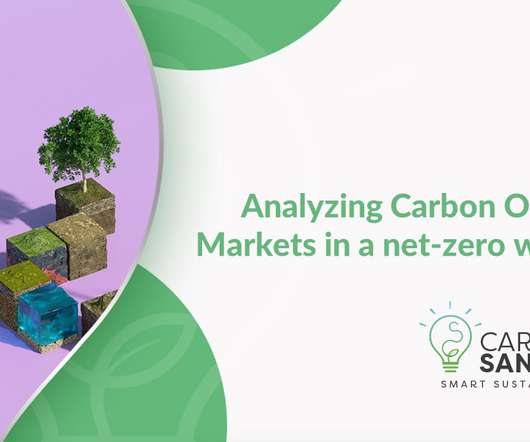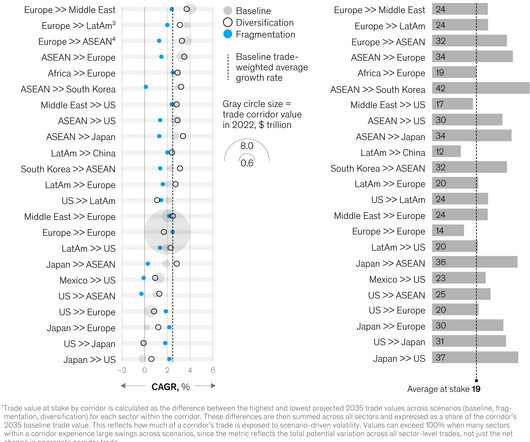Beyond emissions: The life of a carbon molecule
GreenBiz
OCTOBER 12, 2020
But carbon is also moving constantly through the global economy, which historically has been powered by burning fossil fuels for energy. That means a lot of companies — and, indeed, entire industries — need to identify levers of influence that align with their operations, business models and value creation strategies.












Let's personalize your content